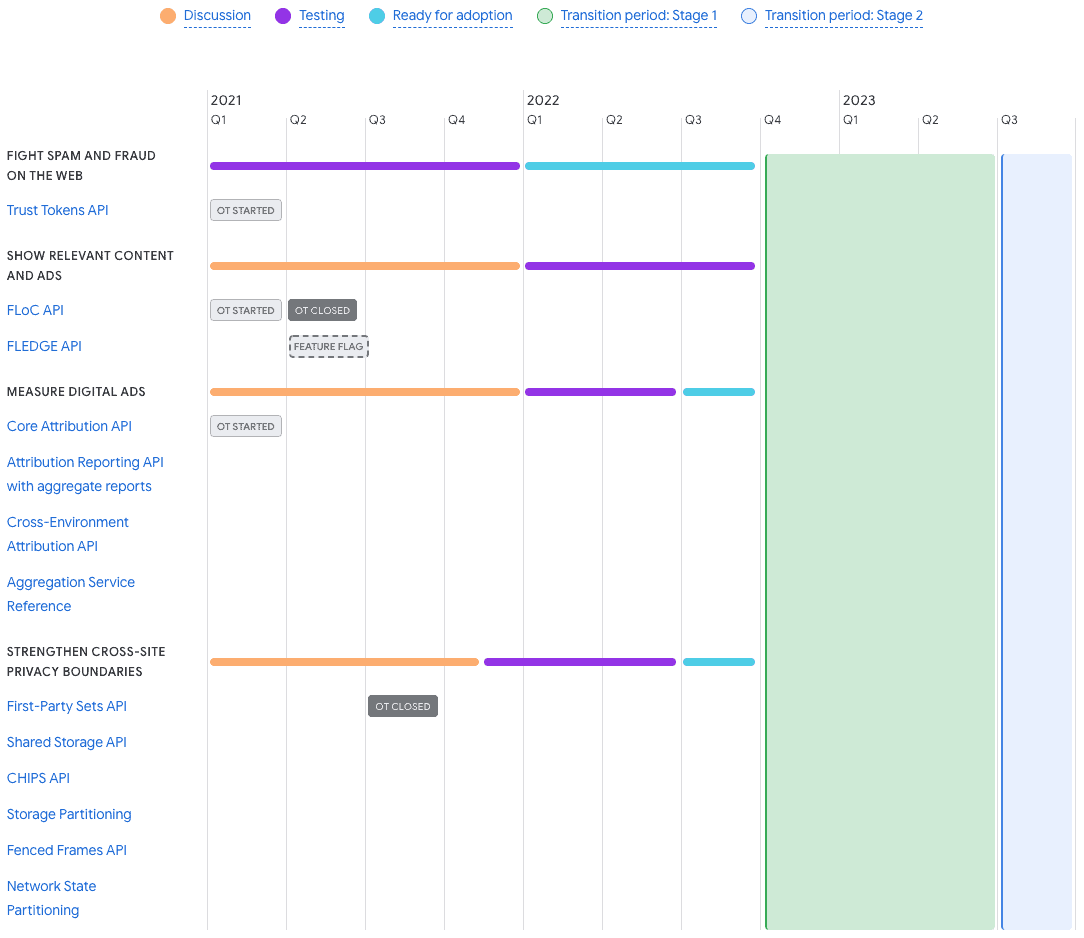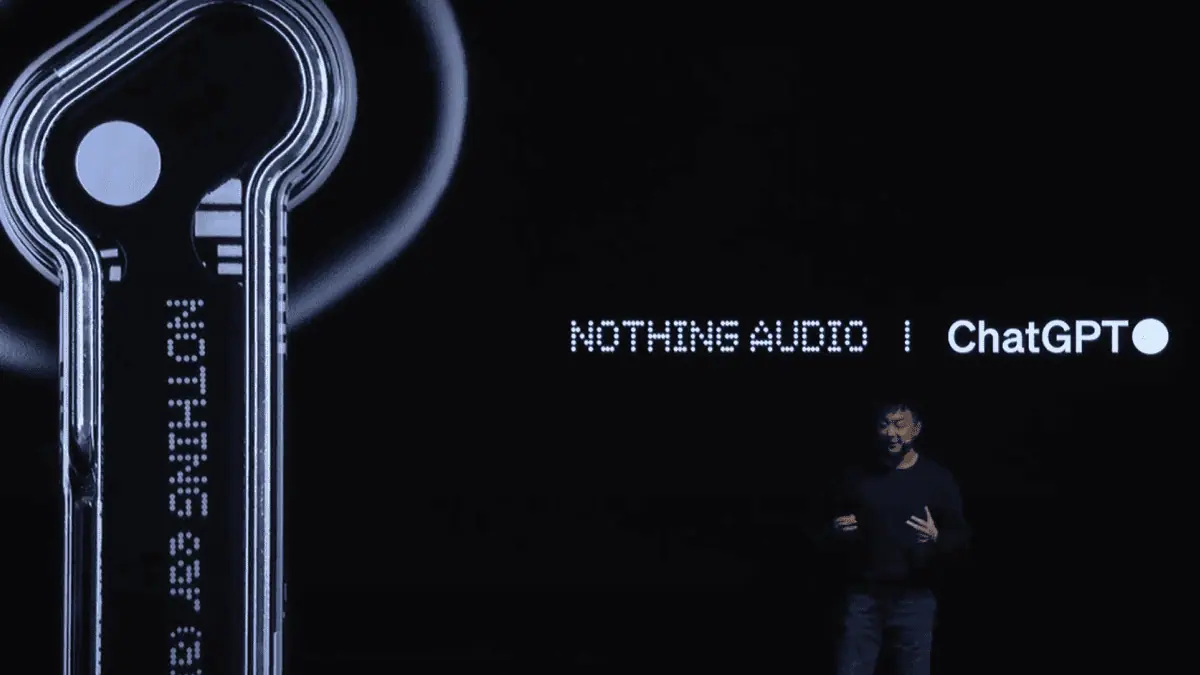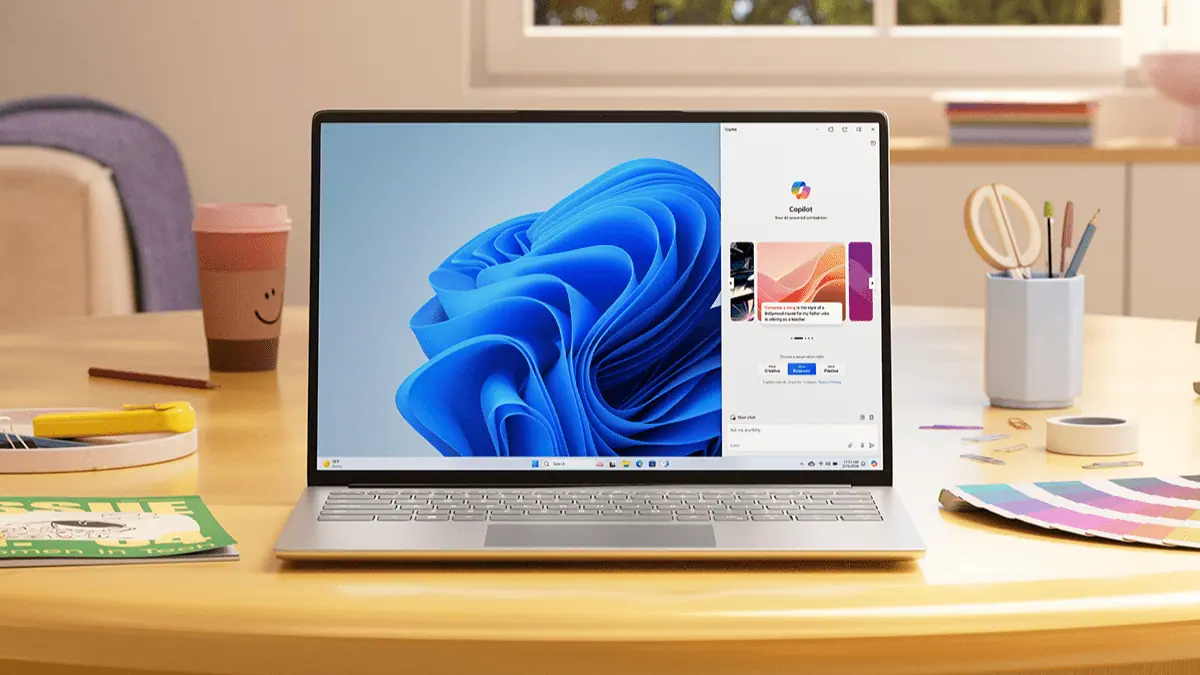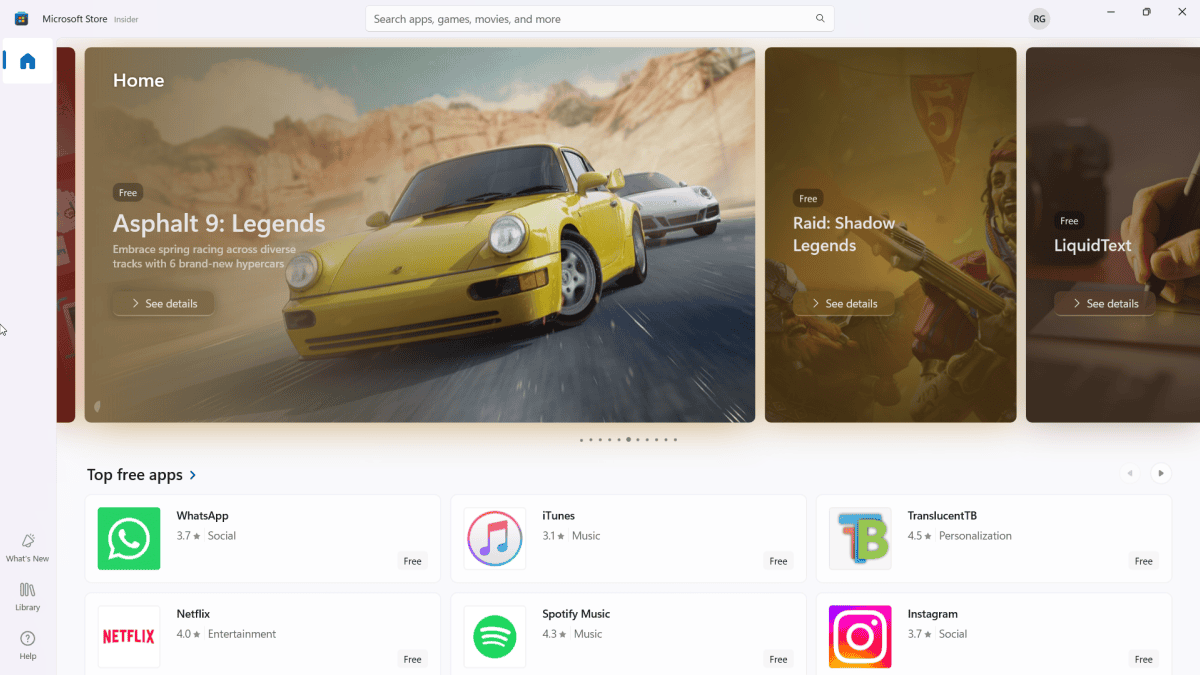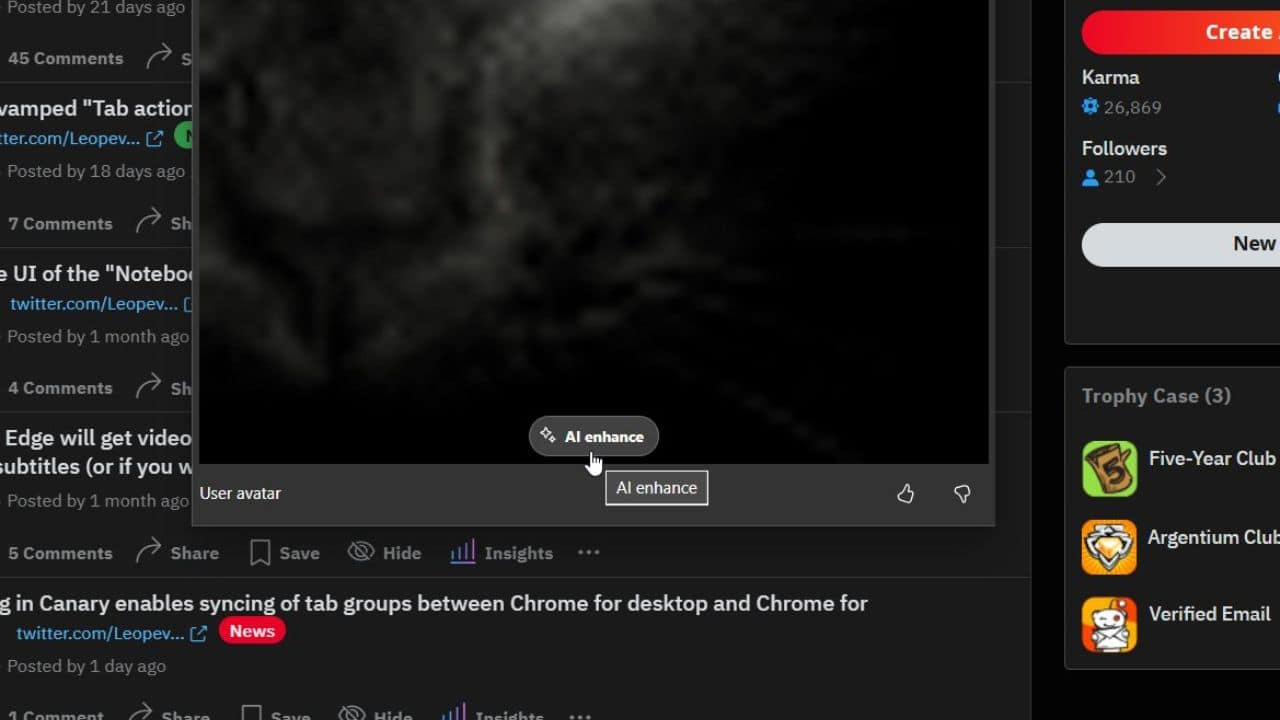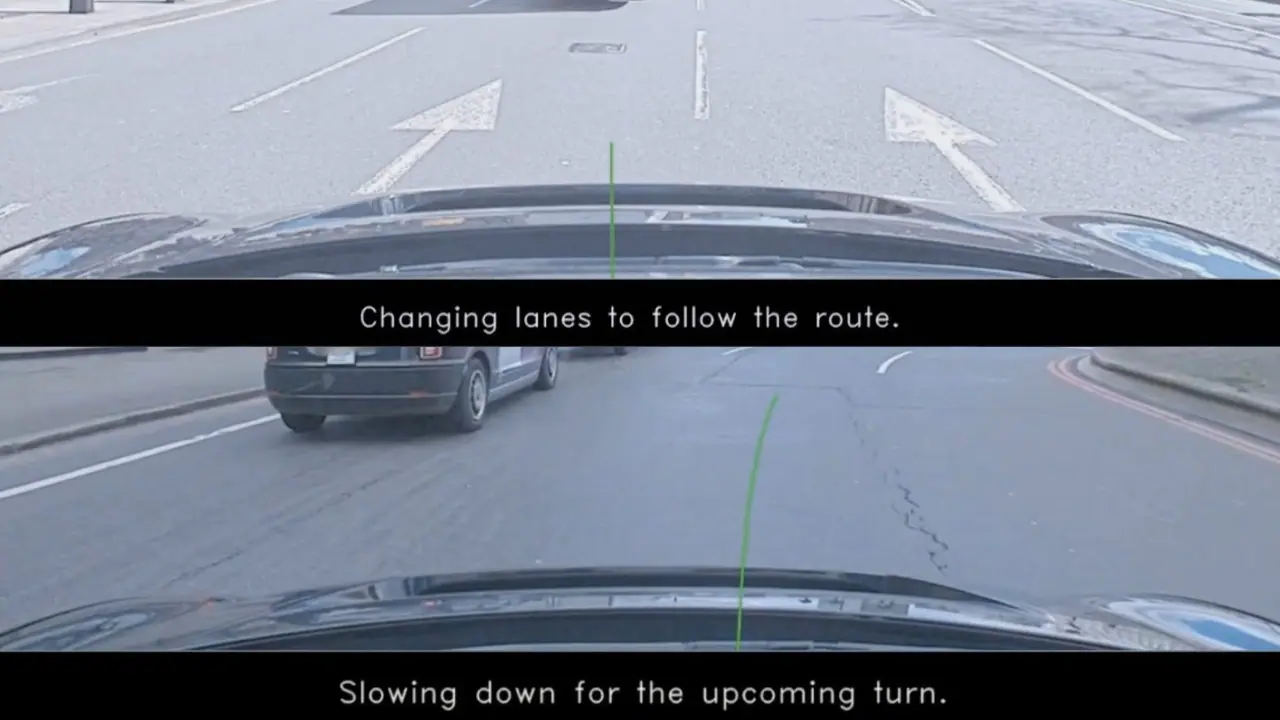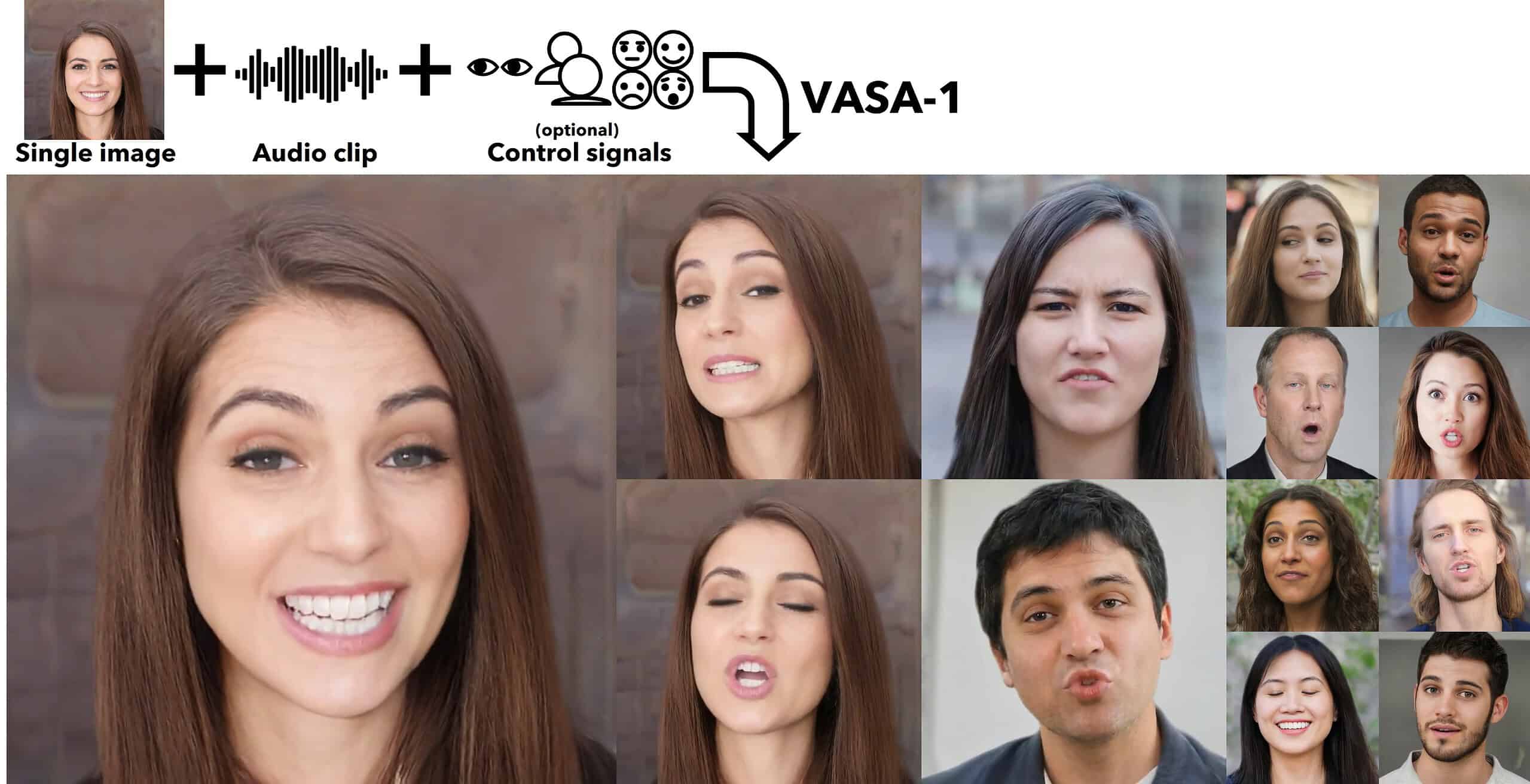Google confirms FLOC implementation delay to earliest Q4 2022
2 min. read
Published on
Read our disclosure page to find out how can you help MSPoweruser sustain the editorial team Read more
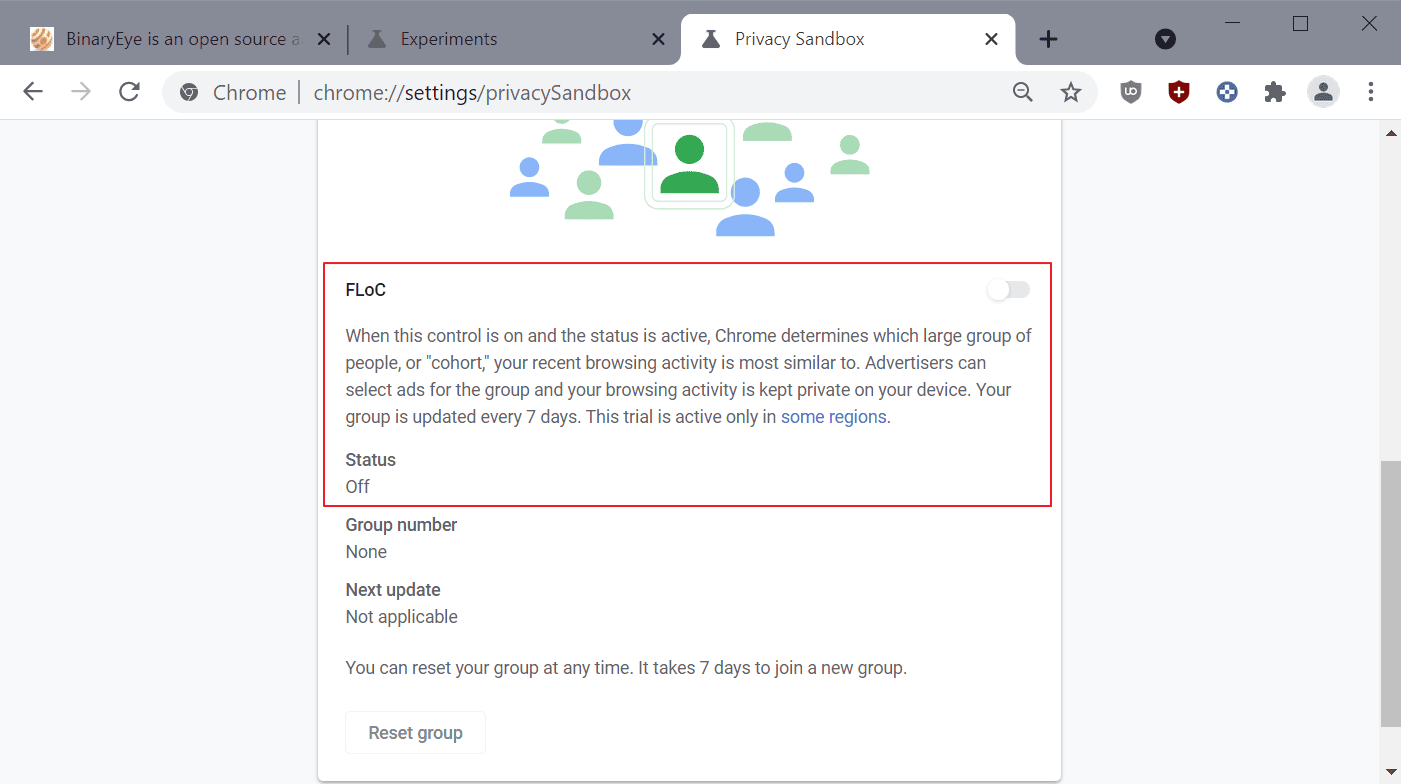
Google has updated their monthly Privacy Sandbox timeline and has confirmed that their plans to implement FLoC has been pushed back to Q4 2022.
Google now plans to deploy FLoC to browsers in late 2022 (the green segment in the time line below), and then phase out support for 3rd party cookies in late 2023, over a 3 month period.
The 5 stages of the development and implementation of Google’s Privacy Sandbox includes:
- Discussion – The technologies and their prototypes are discussed in forums such as GitHub or W3C groups.
- Testing – All technologies for the use case are available for developers to test and may be refined based on results.
- Ready for adoption – Once the development process is complete, the successful technologies are ready to be used at scale. They will be launched in Chrome and ready for scaled use across the web.
- Transition period: Stage 1 – APIs for each use case are available for adoption. Chrome will monitor adoption and feedback carefully before moving to next stage.
- Transition period: Stage 2 – Chrome will phase out support for third-party cookies over a three-month period finishing in late 2023.
A delay in any of these could push the implementation of FloC all the way into 2023.
The FLoC proposal would use the Chrome browser and your browsing behaviour to generate a profile that will be matched to a large number of similar people, with will then be offered to advertisers and websites automatically, so ads could be tailored roughly to your needs and desires.
The proposal has met a lot of opposition for using your browser to spy and categorise you, making it an integral part of Google’s advertising operation, and for its potential ability to deliver your profile to websites which would result in undesirable outcomes such as being blacklisted for loans. Microsoft has disabled FLoC in their Chromium-based Edge browser.
via SearchEngineLand

